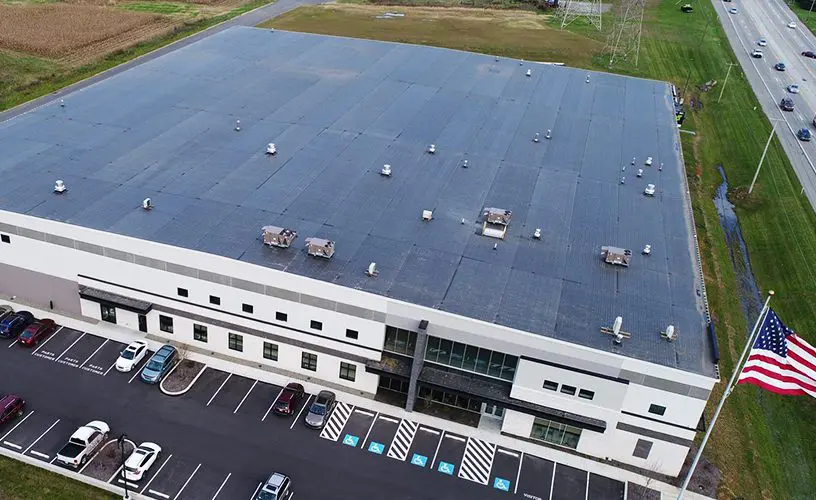COMMERCIAL
ROOFING
Keep Your Commercial Roof Secure

Priority Roofing offers comprehensive roof inspection services for commercial properties. Our team carefully assesses your roof for any damage, wear, or potential leaks caused by weather, age, or structural issues.
We provide a detailed report with tailored recommendations to keep your building safe and your investment secure.
Commercial Roof Inspections
Is your commercial roof showing signs of wear? Have you recently noticed any leaks or other problems? Do you want to ensure that your commercial roof is in good condition before the next season? If so, it may be time for a commercial roof inspection!


Commercial Roof REPAIRS
Is your commercial roof beginning to leak or are your gutters constantly overflowing? These can all be signs your roof needs professional repair. Priority delivers professional commercial roof repair services. Our highly trained commercial roofing experts utilize cutting-edge technology to accurately assess your roof for necessary repairs, ensuring you receive only what is essential.
Commercial Warranties
Our commercial roofing systems come with robust warranties for peace of mind. Asphalt shingles offer a lifetime material warranty with 10-year labor coverage. Single-ply roofs include a 20-year warranty and no-leak guarantee, while metal options come with 20-year protection. Clay, tile, slate, SPF foam, and modified bitumen systems provide warranties up to 30 years, ensuring long-term security for your business.


Want a Free Drone Roof Inspection?
Get a comprehensive aerial assessment of your roof at no cost
How often should I have my roof inspected?
Priority Roofing recommends checking your roof at least twice a year, particularly after storms or if you spot any damage.
How do I know my roof is damaged?
Words are words. You may hear everything and anything from a roofing company. That’s why we show you photo documentation of any damage on your property and make sure you’re aware of the current parameters set by insurance companies to qualify for a totaled roof.
Who should I choose?
It’s hard to know who to trust. We encourage homeowners to ask questions. Your roofer should know the ins and outs of the roof and the insurance process. Check reviews. The best way to vet a company is to see what other people’s experiences are. Look for credentials. Choose a company that has the top certifications from the manufacturers products you’ll be installing.
